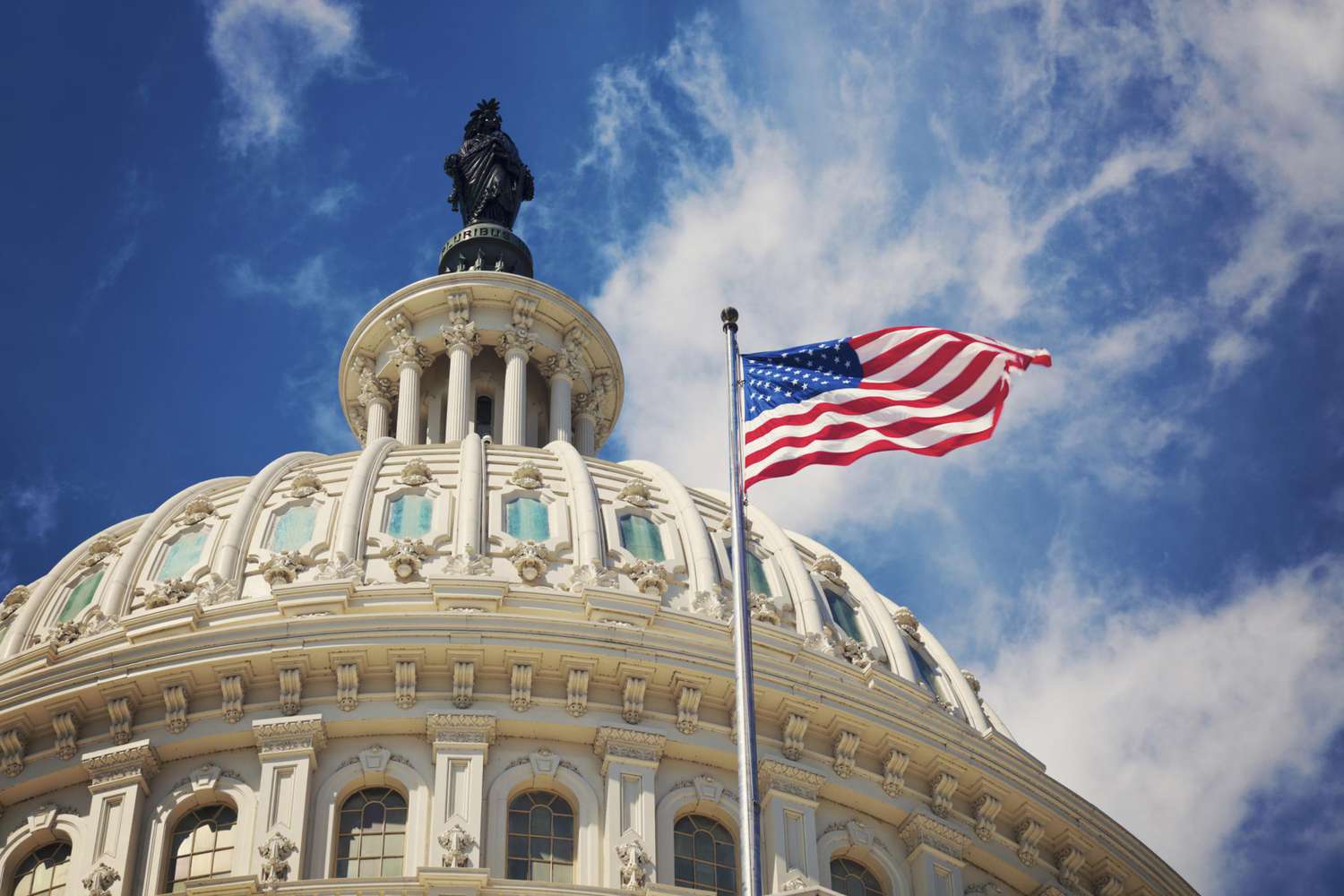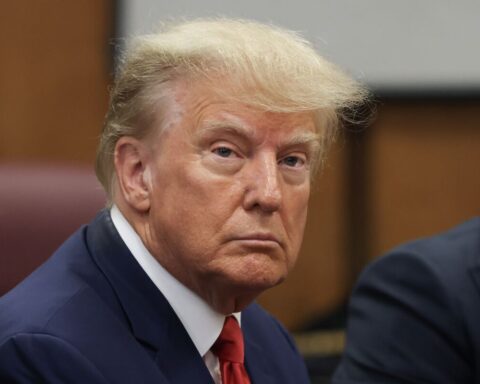The United States House Financial Services Committee is taking significant steps to address the issue of central bank digital currencies (CBDCs).
Chairman Patrick McHenry has announced that the committee will hold markups for two bills related to a potential digital dollar on September 20.
Markups serve as essential sessions where lawmakers thoroughly discuss the specifics of a proposed bill before it progresses to the House floor.
One of the key bills under consideration is the Digital Dollar Pilot Prevention Act, known as H.R. 3712.
This legislation, introduced by Representative Alex Mooney in May, seeks to restrict the Federal Reserve from launching pilot programs to test CBDCs without prior approval from Congress.
This move is aimed at ensuring that any steps towards a CBDC are subject to proper oversight and authorization.
Although the Federal Reserve has recently asserted that it has not made any concrete decisions regarding the issuance of a CBDC, it clarified that any such move would require authorization through legislation.
Interestingly, the Federal Reserve of San Francisco has been actively recruiting technical personnel for a CBDC project in recent months, suggesting that the digital dollar remains a topic of serious consideration.
The second piece of legislation being discussed is an amendment to the Federal Reserve Act, which carries multiple provisions.
READ MORE: DeFi Advocacy and Market Dynamics: A Week of Intense Developments in Decentralized Finance
It prohibits Federal Reserve banks from directly offering certain products or services to individuals. Additionally, it bars the use of CBDCs for monetary policy purposes and other similar objectives.
The bill explicitly states that “a Federal reserve bank shall not offer a central bank digital currency, or any digital asset that is substantially similar under any other name or label, indirectly to an individual through a financial institution or other intermediary.”
The issue of a digital dollar has sparked considerable debate within the United States.
Prominent figures like presidential candidates Robert F. Kennedy Jr. and Ron DeSantis have voiced their concerns, particularly regarding financial privacy, in opposition to the establishment of a CBDC in the country.
Meanwhile, proponents of CBDCs argue that such a digital currency would help maintain the global relevance of the U.S. dollar and potentially facilitate increased adoption of cryptocurrencies.
As the debate continues, the House Financial Services Committee’s actions represent a pivotal moment in shaping the future of digital currency in the United States.
Other Stories:
BitQuant Predicts Bitcoin Will Hit $250,000 After Halving
Bitcoin Miner Returns $500,000 in Fees to Paxos After Transaction Mistake




